Meaningful Materials for Autism Classrooms and LIFE Skills
First day of school pictures are already popping up on my feed… can it be already?!?
So it’s almost time to end your midday naps, say goodbye to the pool, and get your head back in the game- so do you have meaningful materials in your Autism classroom?

 Meaningful Materials for Autism Classrooms
Meaningful Materials for Autism Classrooms
As you think about getting back in the classroom, what kind of year do you want to have?
I have been to several trainings and conferences this summer and one of the most meaningful things said that really resonated with me was the idea that most people with Autism do not have an Intellectual Disability.
Wait… let me say that again. Most people with Autism (you know, that kid hitting themselves in the head or humming with their fingers in their ears) are not actually Intellectually Disabled (as in they have normal brain function and intellect). In fact an Intellectual Disability, which is an IQ below 70, only occurs in about a third of students with Autism.
[tweetthis]Presume Competence in People with Disabilities.[/tweetthis]
Whoa. That is massive. I have talked about presuming competence before and used some powerful examples of people who have broken through the communication barriers and have found a way to communicate what it is like to be considered disabled, what their disability is really like, and, most importantly, how people/teachers have treated them. So now remember the fact that Autism is really about abnormal social development, communication deficits, and restricted or repetitive behavior or interests… and none of those things have to do with a person’s intellectual ability. (Research Link, One More and Another Citation)

The assumption about a high incidence of intellectual disability in those with Autism/ASD may largely be based on the inability to properly assess IQ with available tests in people who have a hard time with communication, socialization, or behaviors. Makes sense. They test poorly and that seems to indicate a below average IQ when really they suffer from being a bad standardized test taker. We have to always, always, always Make the Least Dangerous Assumption!
But for students with Autism, and often because of the severity of the three indicators (Socialization, Communication, or Repetitive Behaviors/Interests), quality academic instruction becomes limited. I am convinced there is a market for a button that says: It’s you, not me!” In all honesty, most teachers see the kid hitting themselves or spinning or socially isolated and assume they are not so bright. It’s not on purpose. I understand. I am guilty of doing it myself at some points in my teaching career. We just didn’t know better.
I worked with an aide for several years that seemed to only empathize with student who had disabilities she could see. If a student was in a wheelchair or had a Traumatic Brain Injury, she was so doting and compassionate… but if they had an intellectual disability or Autism, they just weren’t trying hard enough. That is the implicit bias some have, and I have seen it over and over again. People see a student in a wheelchair and infantilize them. They teach a student with an Intellectual Disability and think they can never learn. They support a student who is blind and they are amazed at their independence. They work with a student with Autism and think they are not smart (seeing only their limitations of socialization or speech deficits). When will we all learn to stop judging a book by the cover?
I find this to be so profound- with all disabilities, but especially with Autism. The majority of Autistic students we work with are of normal intellect. So… are you still using Barney in secondary education? Are your students enrolled in Algebra actually learning Algebra? Or are you still working on counting to 10? Truth is our students suffer from a lack of meaningful learning materials based on the fact that they are not the best communicators… Which is simply not right.
So, this becomes an access issue. What curriculum are you using? Are all your students getting exposure to grade-level ideas and topics? What modes of communication are you giving to your students so they can share ideas and opinions? Because they are
in there. They are a normally intellected person (like my made up word?) who deserves the best we have to offer (as do all students with disabilities we support).
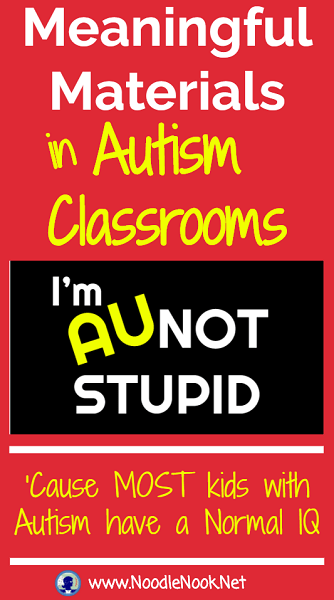
Okay. That is the end of my soapbox moment, but I had to share with you in hopes you’ll share with others. Please pin this, post it, tweet it… get the word out to your paras, fellow teachers, and friends that Autism doesn’t mean low IQ, so treat everyone with dignity.
[tweetthis]Autism doesn’t mean low IQ, so treat everyone with dignity.[/tweetthis]
Where Do I Get Quality Adapted Materials?
Here is my shameless self promotion- but with all the best intentions. I want students who are in Autism Units and LIFE Skills classrooms to be working on meaningful activities and curriculum. I know you do too. The adapted books and activities listed below have a visual component or alternative response mode embedded so your students with Autism who have a hard time communicating can be successful. <<Want to See More? CLICK HERE>>
Remember, repetitive behavior or restricted interests are part of Autism. That is not an intellectual limitation. So routines and schedules are part of a successful classroom- and using visuals will help. Check out the supports below that can be integrated in your classroom. <<Want to See More? CLICK HERE>>
Finally, a mode of communication is so important. Have you developed one? Students who graduate from K-12 without a way to communicate are more likely to get abused and be less independent (Read More). Please, please, please make that a top priority- even if it is just a yes-no response system- at least it is something. <<Want to See More? CLICK HERE>>
Make it Meaningful
So, as school starts or as your year continues, please remember to pick and choose activities and curriculum that are meaningful, age appropriate, and fun! It matters.



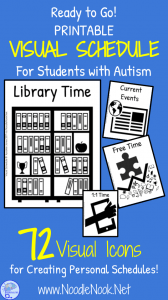
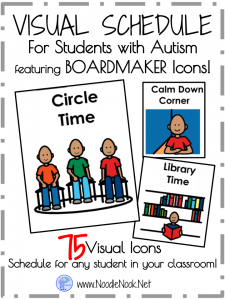
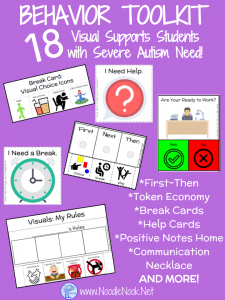
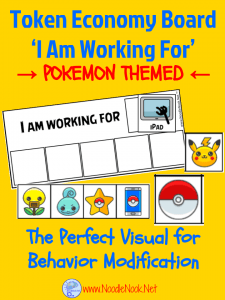
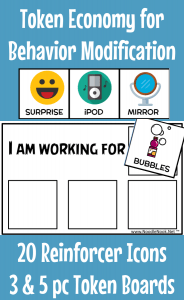
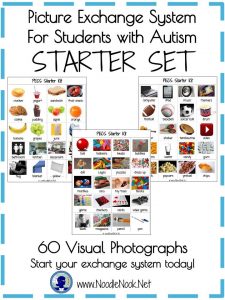
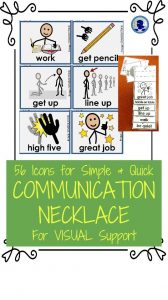
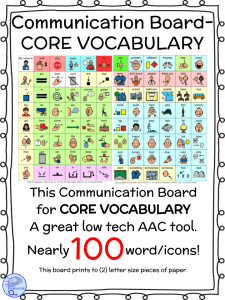
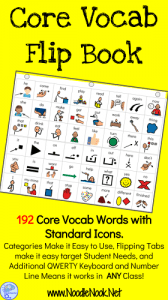
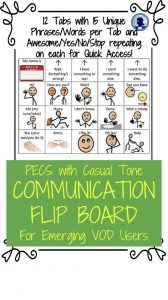
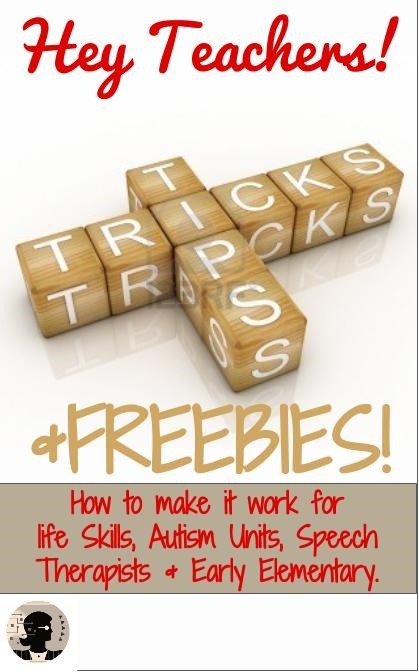
Thanks for more magnificent materials for my Autism kiddos. I have a formal observation coming up and I’m using this to wow my appraiser!
Thanks so much!!
Finally! Someone who understands that autism does not mean intellectual disability. Finally! My son recently learned to type to communicate, and writes that he has sensory motor difficulties, not cognitive difficulties.
Thanks.
Comments are closed.